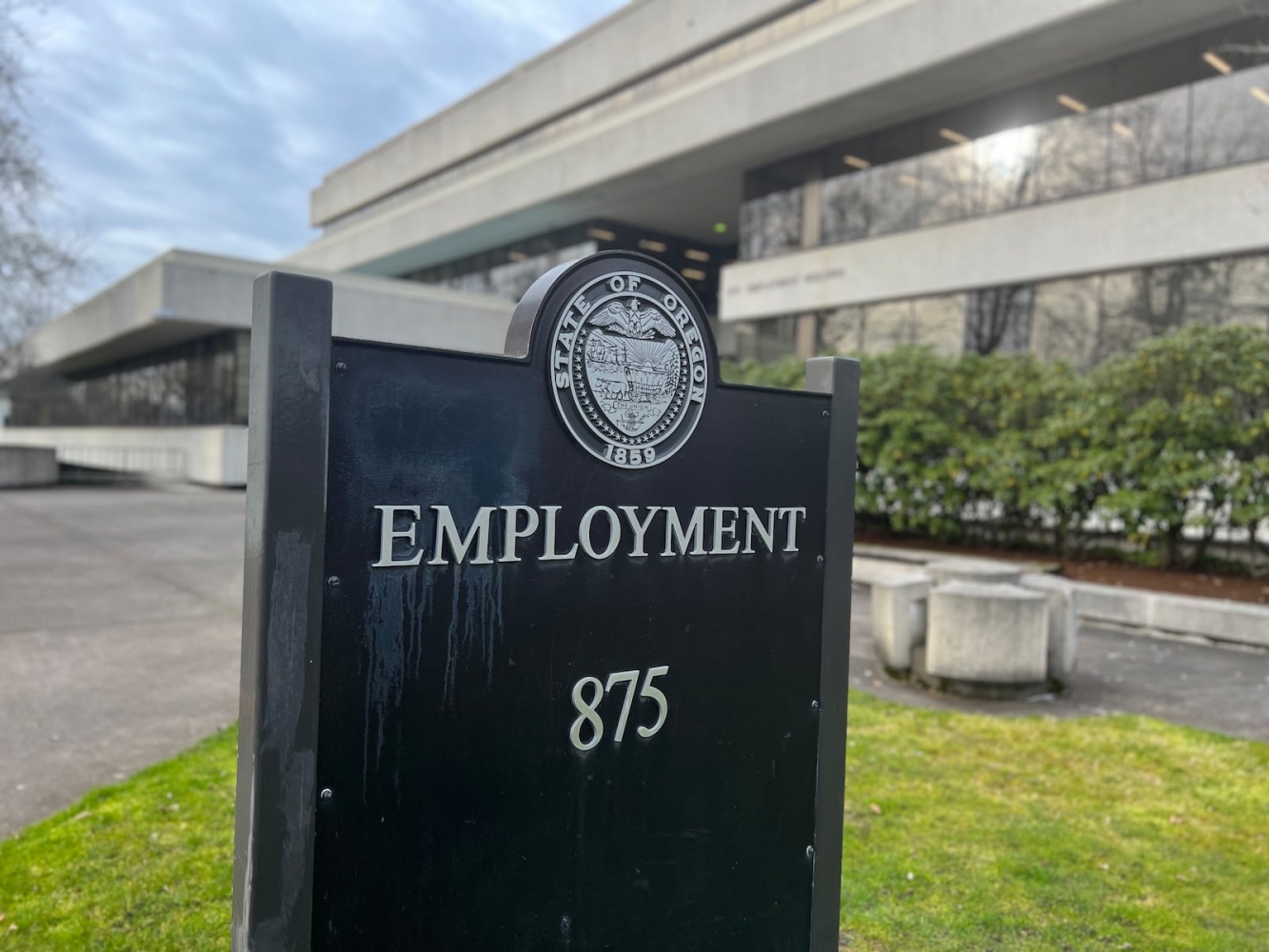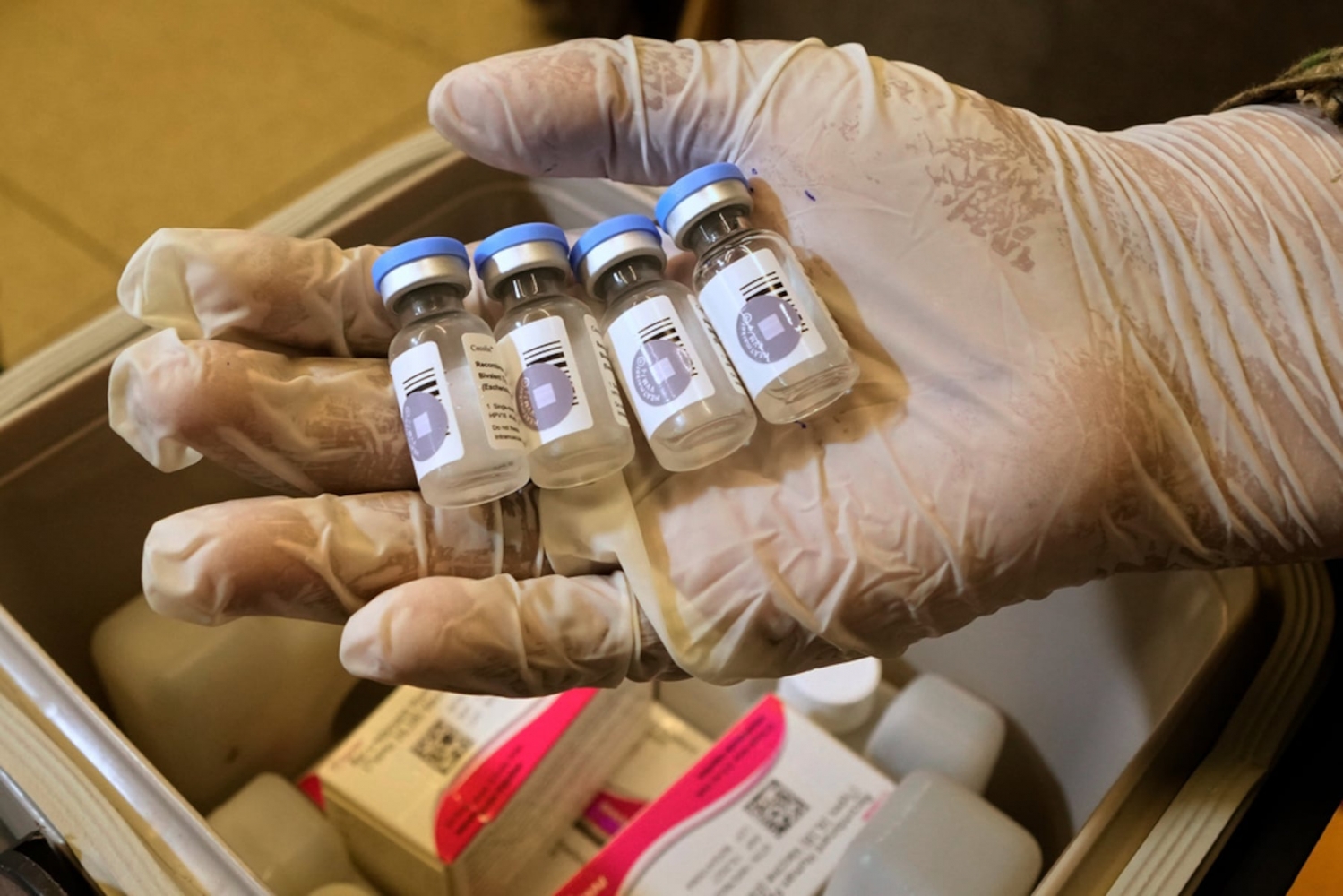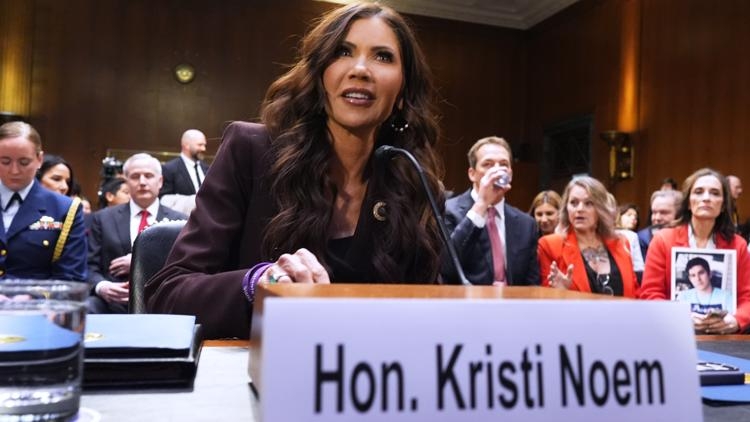Local News & Alerts
President Donald Trump says hes replacing Homeland Security Secretary Kristi Noem with GOP...
More
The American cruise ship was decontaminated in Hong Kong after officials realized there ma...
More
Oregon Attorney General Dan Rayfield is once again taking a leading role in a high-stakes ...
More
Six years after the Oregon Employment Department suffered a historic meltdown during the p...
More
The US militarys latest operation is sending social media into a frenzy
More
Central Valley Conference girls basketball all-league selections and individual awards for...
More
Weve heard rumors of a new bar coming to the basement of the Benson Hotel for several mont...
More
Read this story in English Federal judge dismisses lawsuit on Oregons sanctuary law
More
Oregon will now mark March 4 as HPV Awareness Day each year under a new bipartisan law to ...
More
Read this story in English Layoffs furlough days are potential options to plug Portland Pu...
More
Two men and a woman are facing murder allegations after police found a nude and severely b...
More
The average long-term US mortgage rate came off its lowest level in three and a half years...
More
The Ducks Confidential podcast hosted by The OregonianOregonLives Aaron Fentress and forme...
More
Read this story in English Federal officers violating policy by firing pepper balls using ...
More
Central Valley Conference boys basketball all-league selections and individual awards for ...
More
President Trump announced Kristi Noem will step down as Homeland Security secretary in Mar...
More
Some two dozen states challenged President Donald Trumps new global tariffs on Thursday fi...
More
DATA PRIVACY Unfortunately every year thousands of Oregonians fall victim to online crimi...
More
Oregon Attorney General Dan Rayfield and attorneys general from two dozen states are chall...
More
A coalition of Democratic attorneys general from over two dozen states has filed a lawsuit...
More
























